Home / Psychology & Mental Health / Inclusive Teaching / Integrated Healthcare for Children with Developmental Disabilities / Case studies: healthcare needs
This article is from the free online
Integrated Healthcare for Children with Developmental Disabilities
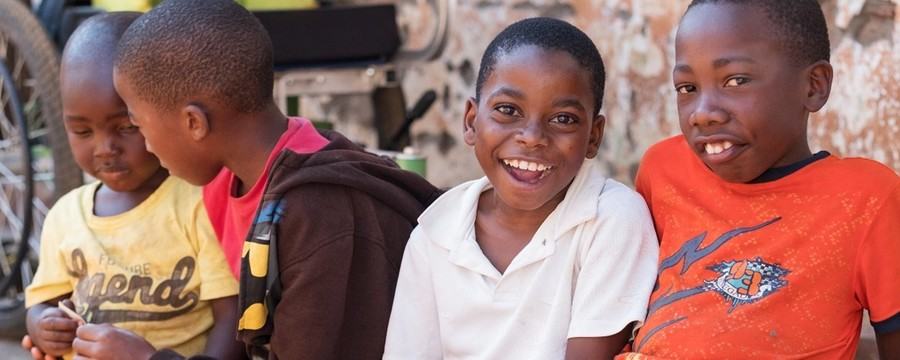

Reach your personal and professional goals
Unlock access to hundreds of expert online courses and degrees from top universities and educators to gain accredited qualifications and professional CV-building certificates.
Join over 18 million learners to launch, switch or build upon your career, all at your own pace, across a wide range of topic areas.


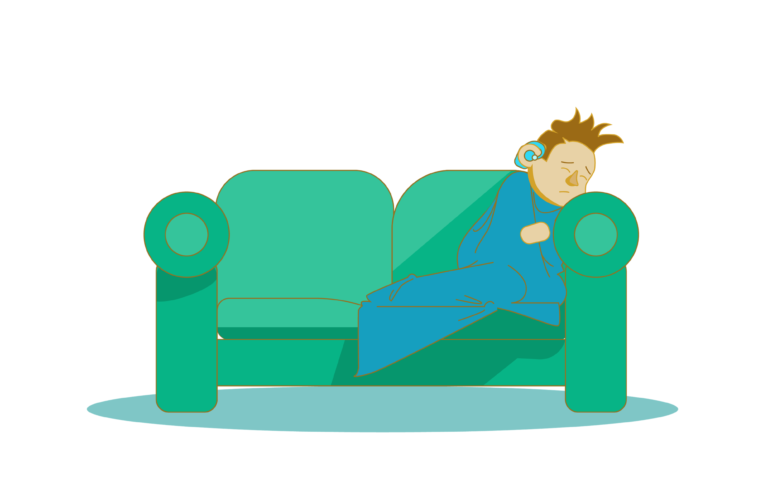 Case Study 1. Justin: Justin is six years old. He has a severe hearing impairment and has learnt sign language. He lives in the United States of America with his parents and siblings. Justin recently contracted a chest infection and needs to visit his local primary care physician. Justin’s parents are keen that he understand what is happening during the visit.
Case Study 1. Justin: Justin is six years old. He has a severe hearing impairment and has learnt sign language. He lives in the United States of America with his parents and siblings. Justin recently contracted a chest infection and needs to visit his local primary care physician. Justin’s parents are keen that he understand what is happening during the visit.
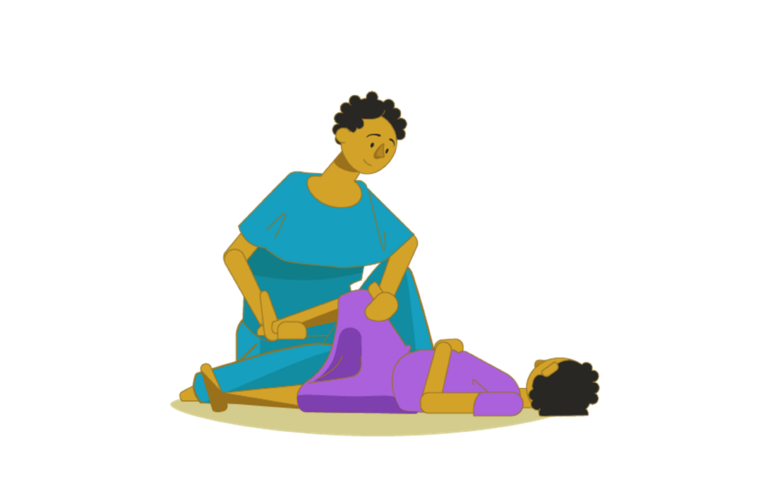 Case Study 2. Thandi: Thandi is three years old and lives in Malawi with her family. She has cerebral palsy. Thandi requires physiotherapy and occupational therapy, but the two services are far away and located in the capital. Finding the money to pay for travel to the appointments is a real challenge for Thandi’s mother.
Case Study 2. Thandi: Thandi is three years old and lives in Malawi with her family. She has cerebral palsy. Thandi requires physiotherapy and occupational therapy, but the two services are far away and located in the capital. Finding the money to pay for travel to the appointments is a real challenge for Thandi’s mother.
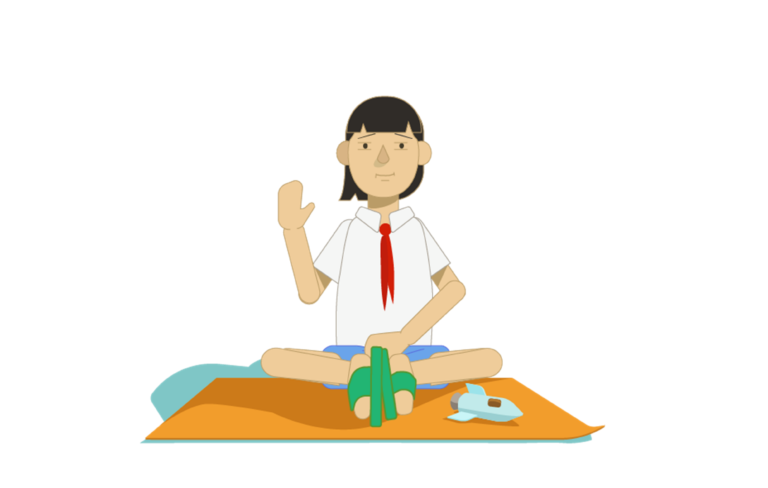 Case Study 3. Mai: Mai is nine years old. She has Down Syndrome and lives in Vietnam with her mother, father and sister. Mai has recently been diagnosed with epilepsy. She has been prescribed medication to help manage the condition. She and her parents would like specialist advice about how she can also make healthy lifestyle changes to continue managing her epilepsy.
Case Study 3. Mai: Mai is nine years old. She has Down Syndrome and lives in Vietnam with her mother, father and sister. Mai has recently been diagnosed with epilepsy. She has been prescribed medication to help manage the condition. She and her parents would like specialist advice about how she can also make healthy lifestyle changes to continue managing her epilepsy.
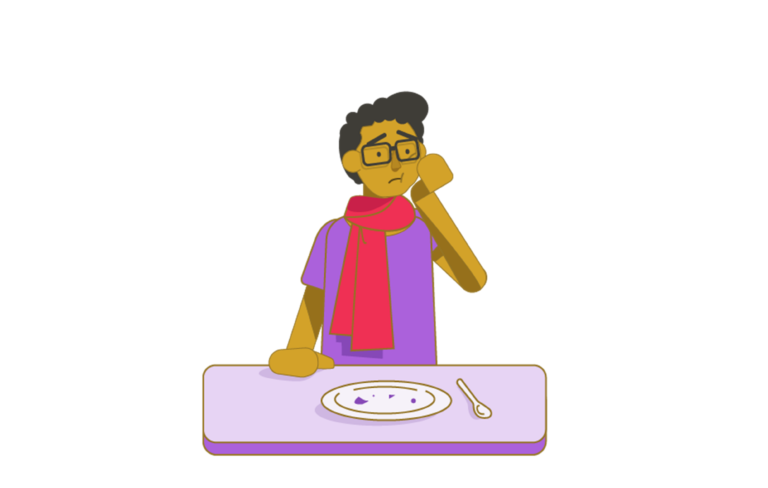 Case Study 4. Lucas: Lucas is seventeen years old and has autism. He lives with his grandmother in Brazil. Lucas has a toothache and will soon visit a new dentist for the first time. He is nervous about meeting someone new and isn’t sure what the dental check-up will involve.
Case Study 4. Lucas: Lucas is seventeen years old and has autism. He lives with his grandmother in Brazil. Lucas has a toothache and will soon visit a new dentist for the first time. He is nervous about meeting someone new and isn’t sure what the dental check-up will involve.





